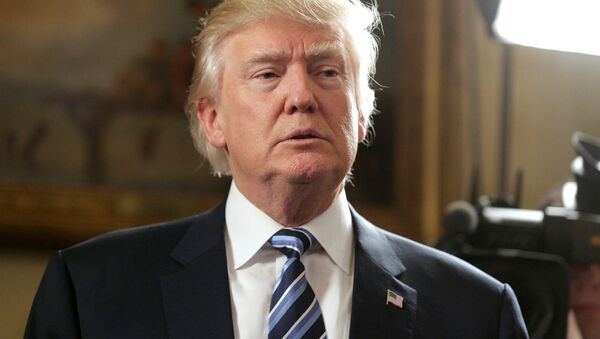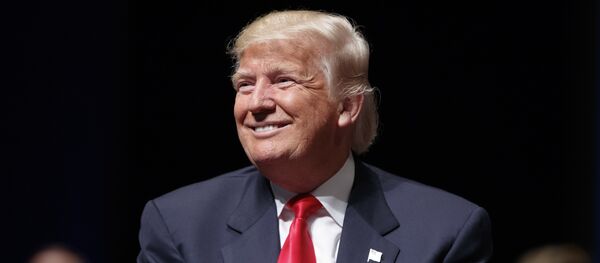The movement was quickly born after it came to light that the Trump administration had removed all references to climate change from the official White House website.
"This isn't just about jobs to us, if we cared about money we wouldn't be in [the climate change science] field in the first place. This is about the future of every organism on earth, many that haven't even been born yet. We have to fight," wrote one commenter on reddit.
This prompted another commenter to reply, "There needs to be a Scientists' March on Washington." Jonathan Berman, a postdoctoral fellow of at the University of Texas Health Science Center San Antonio, agreed, and decided to make the march happen.
He and public-health researcher Caroline Weinberg created a Facebook page, a Twitter account, and a website on Monday, January 23. By Wednesday, each had exploded with hundreds of thousands of viewers and members.
The organizers of March for Science have had difficulty managing the fast-growing movement, and have yet to release a "formal vision" or a proposed date for the march. They intend to elaborate on the former in a Saturday meeting of the organization's leadership.
"Scientists worldwide have been alarmed by the clear anti-science actions taken by the Trump administration," March for Science told Sputnik via email.
"This is not a partisan issue — people from all parts of the political spectrum should be alarmed by these efforts to deny scientific progress. Scientific research moves us forward and we should not allow asinine policies to thwart it."
Also in the email, March for Science promised to, "ensure that this movement is diverse and inclusive of all people (and all fields of science)… Diversity in science — both in the researchers who participate and the topics we are focused on — is a critically neglected area."
Other groups who identify as pro-science are rallying against the new administration. 350.org, an environmentalist group so named for their mission to reduce the levels of carbon dioxide in the atmosphere from 400 parts per million to 350, has organized calls and protests against the "climate deniers [Trump] has picked for every major climate and energy related position in his administration."
This includes incoming Secretary of State Rex Tillerson, Environmental Protection Agency (EPA) head Scott Pruitt, and Secretary of Energy Rick Perry. They are also planning an April protest in DC to echo the 2014 People's Climate March, which drew around 300,000 protesters to New York City.
Another science-fueled movement, 314 Action, drawing its name from the first three digits of pi, is attempting social change through a different venue: election to public office. "A lot of scientists traditionally feel that science is above politics but we're seeing that politics is not above getting involved in science," wrote chemist and breast-cancer researcher Shaughnessy Naughton on the group's website.
"We're losing, and the only way to stop that is to get more people with scientific backgrounds at the table."
The Trump administration has repeatedly chafed with the scientific community in its first week of existence. An open letter signed by 2,300 scientists (including 22 Nobel Prize winners) urged Trump and the 115th Congress to "adhere to high standards of scientific integrity and independence in responding to current and emerging public health and environmental health threats."
These scientists were spurred by Trump's skepticism of climate change, promises to slash environmental regulations, and media blackouts in agencies such as the Agricultural Research Service and the EPA.





